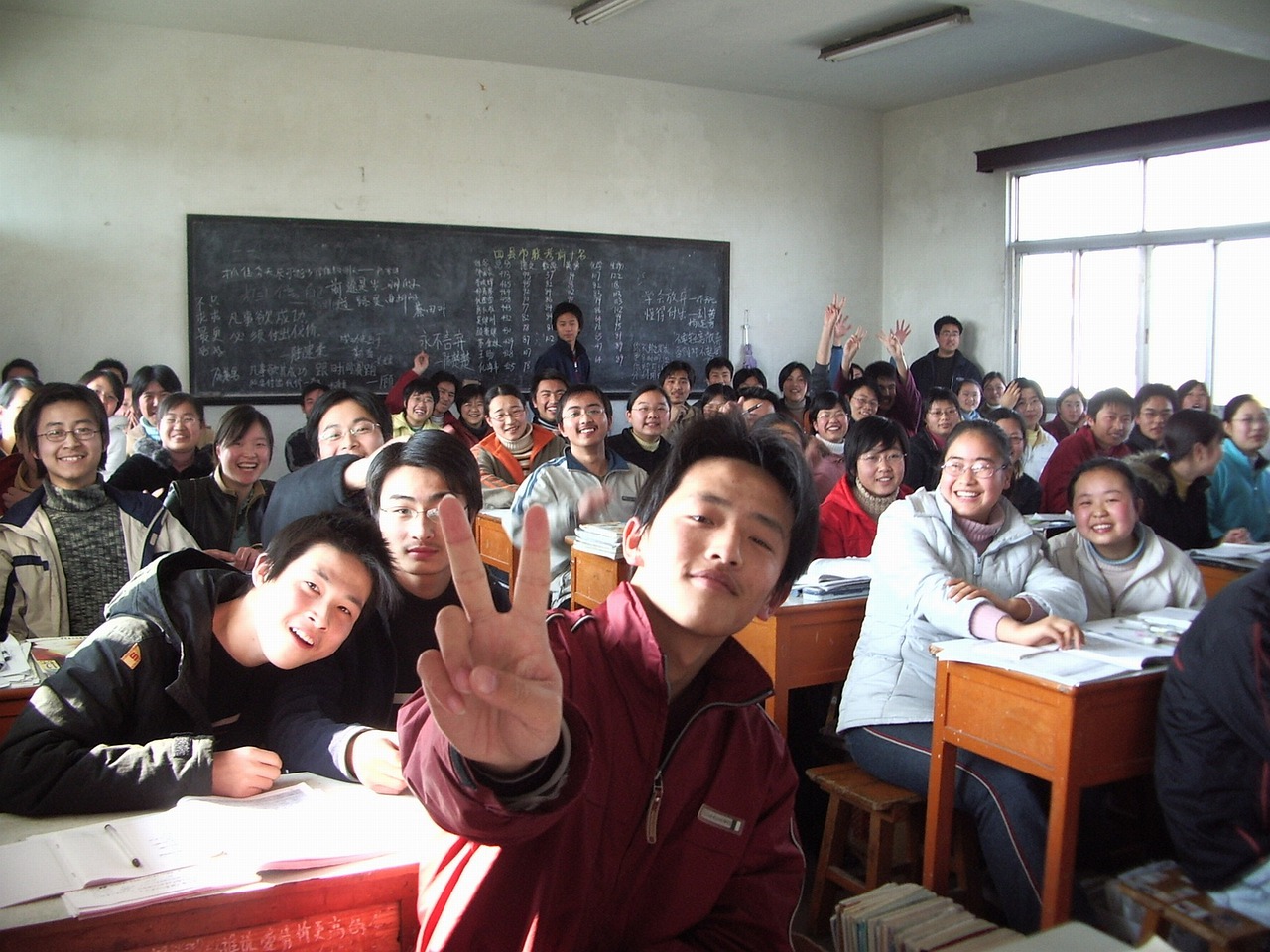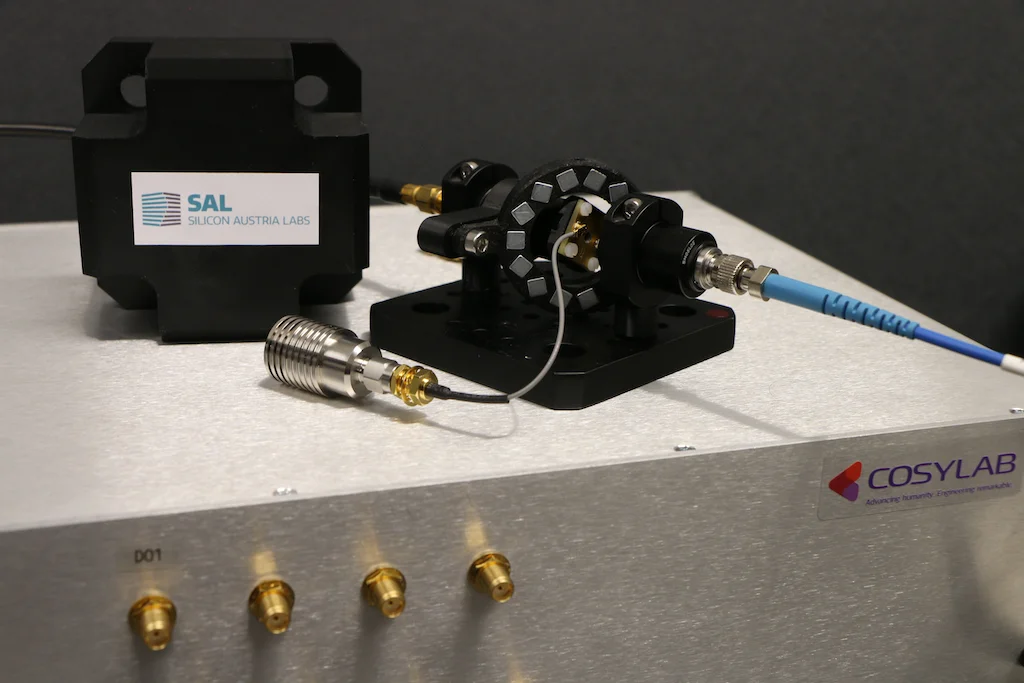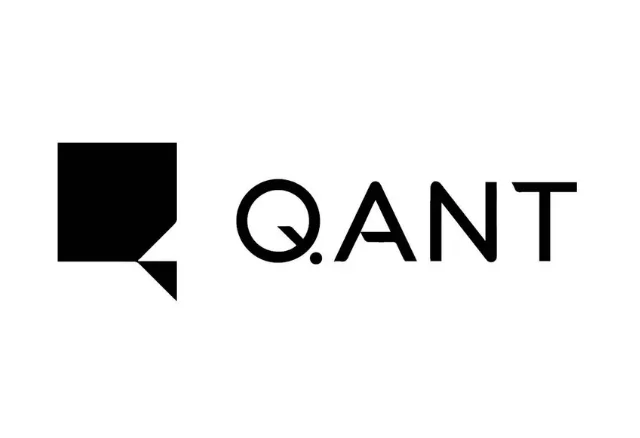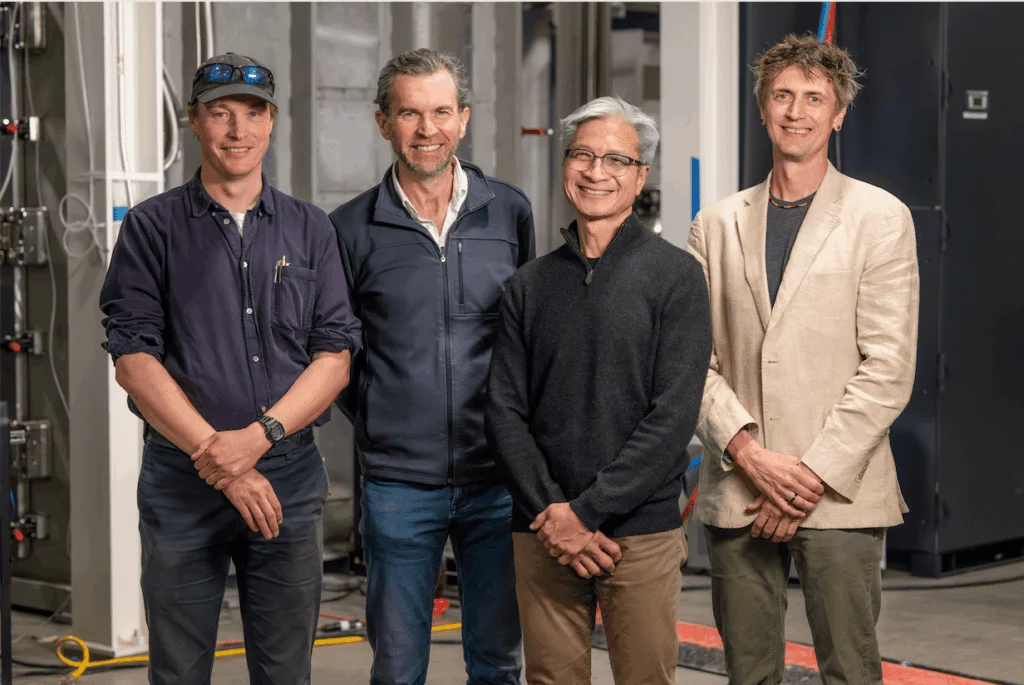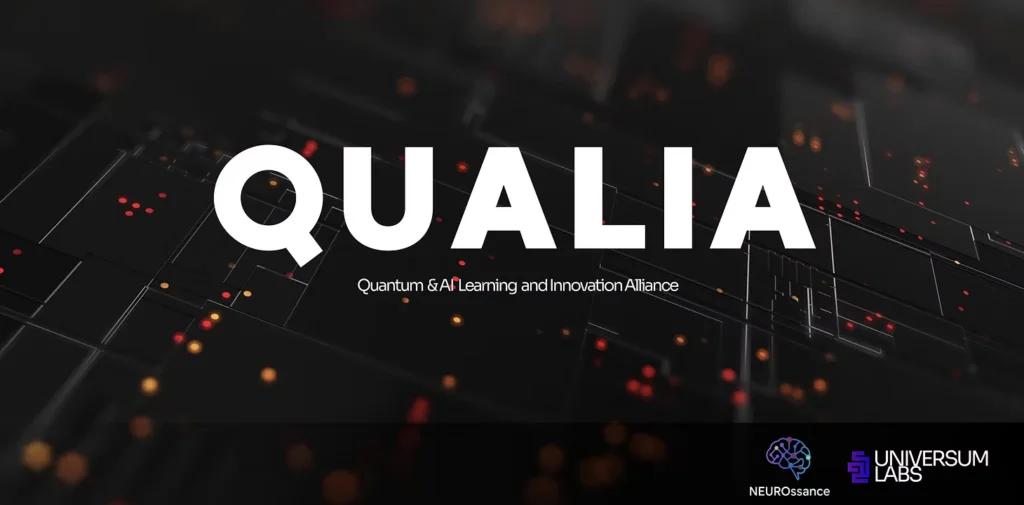Defining the Quantum Workforce
For quantum computing (QC) to go mainstream, apart from the technological challenges regarding the hardware and software, education is another area of concern.
According to a paper, Defining the quantum workforce landscape: a review of global quantum education initiatives by Maninder Kaur and Araceli Venegas-Gomez published in May of this year, QURECA — a global provider of quantum resources and careers expertise founded by the paper’s co-author, Venegas-Gomez — recognizes forty universities worldwide providing master’s degrees in quantum science and technology. According to the Quantum Computing Report, there are 162 known universities and institutions worldwide with educational programmes and research activities in quantum technologies.
However small this is now when compared to other hard tech courses and educational opportunities in verticals like artificial intelligence (AI), robotics, biotechnology, and blockchain, the numbers are, thankfully, climbing slowly.
But, to really get high schoolers enrolled in university courses specializing in quantum computing, interest must come from the teachers and the schools that employ them.

Schrödinger’s Class
An excellent example of this happening as we speak is with Schrödinger’s Class, a professional development workshop for secondary school science teachers hosted by the Institute for Quantum Computing, located at the University of Waterloo.
On the course, which takes place in late November, teachers will learn how to:
- Introduce the concept of wave-particle duality in many complementary ways
- Introduce quantum superposition using inexpensive light polarizers
- Teach a simple quantum computing algorithm; and
- Teach quantum cryptography through a group activity using simple and affordable equipment
Travel and expenses
If you live more than 50 km from Waterloo we will book your accommodation. Your transportation expenses can also be reimbursed.
When is it offered?
The workshop typically takes place late November and early December of each year.

Here is the information provided by on The Institute for Quantum Computing’s website:
The application for Schrödinger’s Class 2022, which teaches quantum to high school teachers is now open.
- A free in-person workshop will be available November 18–20, 2022
- Learn how to teach quantum in your high school class, and gain the tools to do it.
What is Schrodinger’s Class?
It is a professional development workshop for secondary school science teachers that takes place in late November. Schrödinger’s Class equips you with the ability to bring quantum science into your classrooms and confidently teach your students about quantum physics, quantum computing, quantum cryptography, and more.
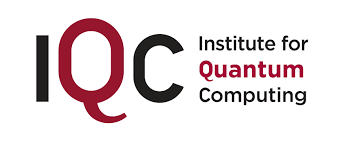
Who should attend this workshop?
This workshop is open to science and technology teachers, with preference given to Grade 11 and 12 physics and chemistry teachers. Teachers from inside and outside Canada are welcome to apply.
Over the past eight years, 428 high school teachers have attended Schrödinger’s Class and learned how to teach quantum in their classrooms.
How are concepts taught and what quantum concepts are covered?
The Schrödinger’s Class curriculum consists of interactive lectures, teacher networking, and hands-on activities that will help you understand the concepts below and integrate quantum technology into the current curriculum. All workshop content has been developed and will be delivered by quantum experts collaborating with experienced teachers.
Quantum resources for your classroom
When you complete the workshop, you will leave with:
- the ability to teach quantum mechanics at the introductory level and beyond
- lesson plans and other affordable, ready-to-go activities to take back to your classrooms; and
- discussion points about how quantum mechanics can transform society
The Quantum Insider highly recommends this course for all those high school science teachers wishing to teach the basics of QC to their students.
Don’t delay, sign up today! Deadline: October 1, 2022
For more market insights, check out our latest quantum computing news here.

